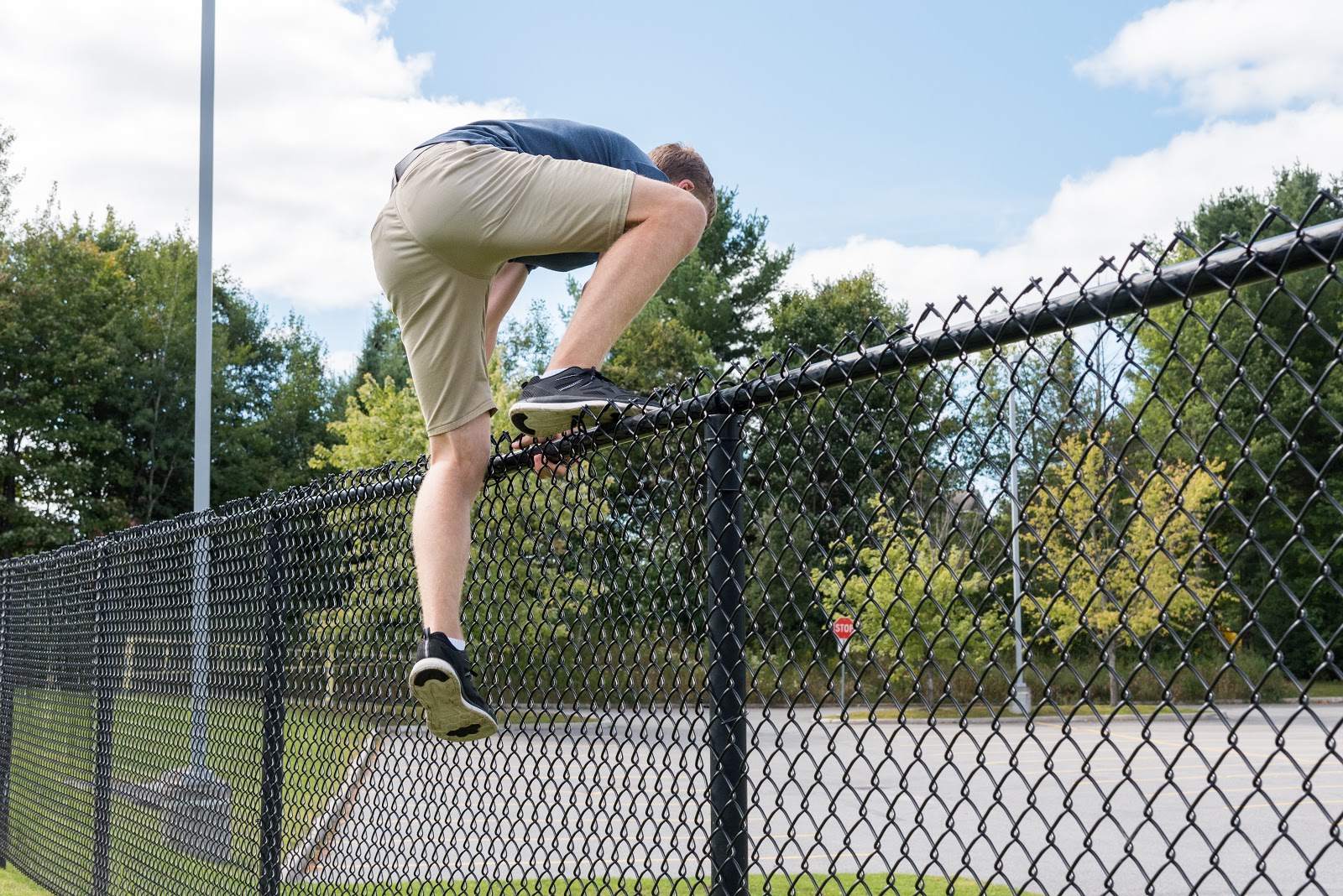 Many homeowners are aware that they can be responsible for damages if someone gets injured on their property. It could be a slip and fall from a wet floor, faulty wires in their home, or even a bite injury from their dog. Did you know, however, that homeowners can also be held responsible for injuries suffered by unwanted guests or trespassers? In general, most trespassers are not entitled to injury compensation when they are trespassing in your home. For instance, you’re not likely to be held responsible when a burglar cuts himself on the glass of your window as he’s trying to break into your home. There are only some instances where a trespasser may be awarded damages. The likelihood of such an outcome is rare, but it is technically possible. Here are some instances where property owners can be held liable for trespassers:
Many homeowners are aware that they can be responsible for damages if someone gets injured on their property. It could be a slip and fall from a wet floor, faulty wires in their home, or even a bite injury from their dog. Did you know, however, that homeowners can also be held responsible for injuries suffered by unwanted guests or trespassers? In general, most trespassers are not entitled to injury compensation when they are trespassing in your home. For instance, you’re not likely to be held responsible when a burglar cuts himself on the glass of your window as he’s trying to break into your home. There are only some instances where a trespasser may be awarded damages. The likelihood of such an outcome is rare, but it is technically possible. Here are some instances where property owners can be held liable for trespassers:
Knowledgeable Trespassing
When a property owner discovers people trespassing on their property and doesn’t alert the authorities or allows people to continue trespassing, the general rule that they are not liable may be disregarded. Some instances of trespassing, such as pedestrians or school children taking a shortcut through a property, may not seem very serious to homeowners. However, if the property owner allows them continue trespassing and one of the pedestrians is injured while on the property, the injured pedestrian may be entitled to damages. Property owners who are aware of frequent trespassing should place signs and warnings on their property to warn potential trespassers.
Intentionally Dangerous Activities
In the event that a property owner is aware that his home is a popular spot for trespassers, it doesn’t necessarily mean putting up a few warning signs will allow him or her to engage in dangerous activities without penalty. In general, property owners are required to refrain from engaging in willful, dangerous activity that may cause harm to trespassers. Most states do not condone the setting of deadly traps to catch or capture trespassers, such as moats or ditches. If a trespasser falls into a trench dug by the property owner and is injured, the property owner may be liable for the trespasser’s injuries. Additionally, most states do not allow for the use of deadly force in order to protect property. For instance, if a burglar who is trespassing into a home is killed by a deadly trap upon entry, the owners of the property may be sued for a wrongful death. However, if there are people in the home while the break-in occurs and they feel their lives are in danger, they are allowed to use deadly force against the trespasser under the law. Simply put, it is permissible for property owners to use deadly force in order to protect people, but not to protect property.
Vickaryous law firm is dedicated to helping people in Central Florida heal and receive compensation for their injuries. If you have been the victim of a personal injury, contact us today at (407)-542-4321 for a free legal consultation.


Recent Comments